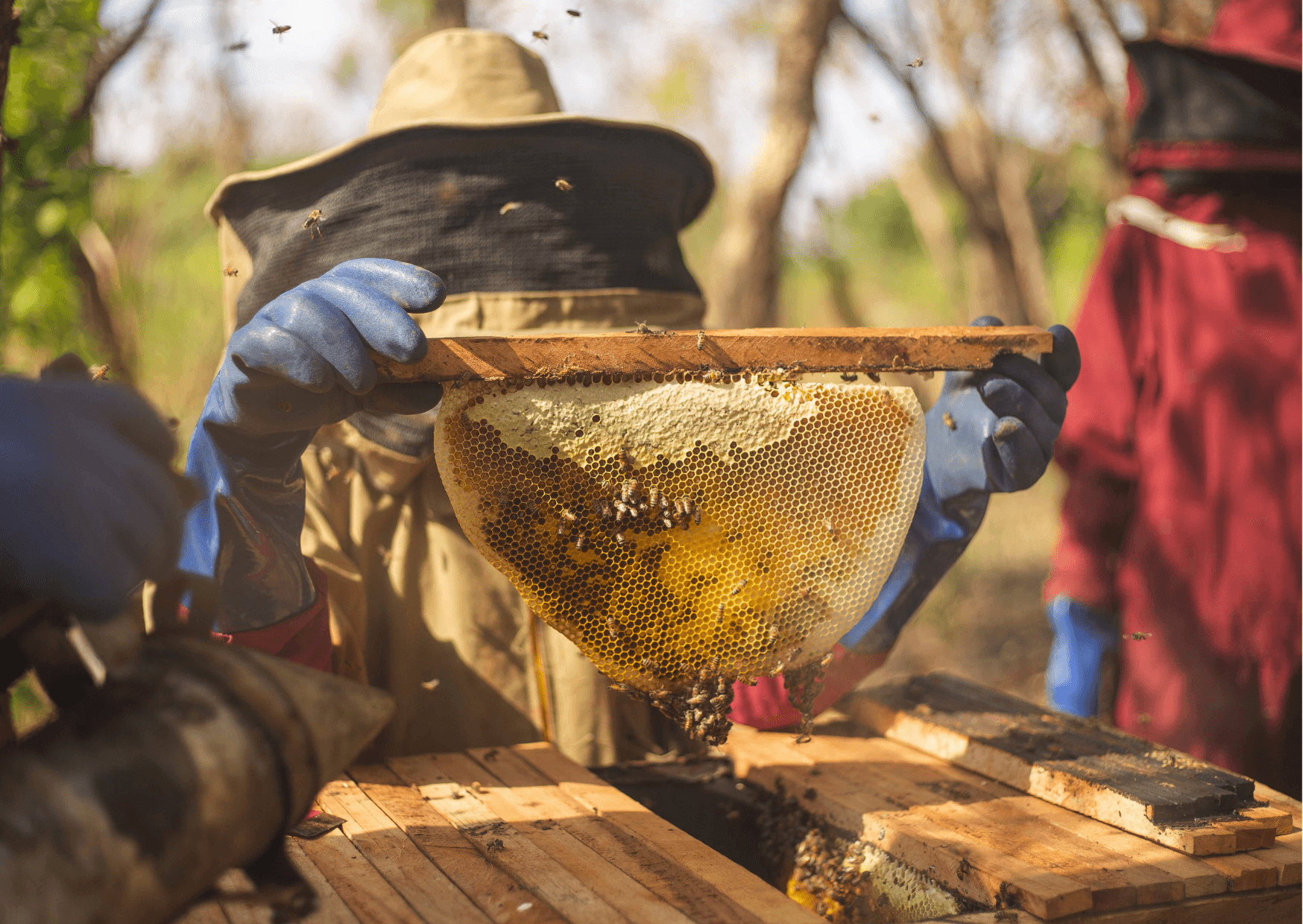Jul 6, 2024
Last month Niki spent two weeks in Uganda visiting seven beekeeping communities sometimes walking for hours through the bush to reach isolated communities.
Niki visited a mix of existing and potential new Bees Abroad supported communities in her role as Partnership Manager, a relatively new role for her. Niki is an experienced beekeeper and used her knowledge and skills to assist our local field officers, though she learned a lot about the differences and challenges of beekeeping in Uganda.
What did you learn about the communities you visited?
Every community I visited had its unique character. I discovered a newfound appreciation for the privileges I often take for granted: clean water, accessible medical care, pet companionship, and well-maintained roads. Despite the immense daily challenges these communities face, they welcomed me with happiness and kindness. Their eagerness to learn about beekeeping and their willingness to share their lives renewed my faith in humanity. The openness and mutual respect among the people left a lasting impression on me.

Who did you work with?
Daniel Ngangasi has been our in Country partner for over 14 years in the Kasese region of Uganda. He helps distribute the equipment we provide as well as sells the honey locally that he purchases from project participants if they wish to sell to him. Daniel’s business is called LIDEFO and is certified in Uganda. It also supports a local girl’s school called Liberty College with the proceeds of their honey sales. Daniel and his wife Grace have a local sale shop in the town of Kasese where people can come and purchase the honey and a few other dry goods.
Both Bensen and Simon are our field officers overseen by Daniel. These men go to the projects once a month and provide training and support to the projects. These tasks include hive inspections, honey harvesting and swarm collection.

What are the main differences between beekeeping in Uganda and beekeeping at home?
The main difference in the beekeeping practices of the USA and Uganda is the type of hive that is used to keep the bees. In the US, the predominate way is by using box hives called Langstroth hives that you stack vertically on top of each other, when the honey is ready to be harvested these frames are scrapped open and the honey spun out. The frames then are returned to the hive to be reused.
In Uganda the people use either traditional hives which are woven and cylindrical in shape and held together by mud and dung or top bar hives. We are encouraging the beekeepers to transition into top bar hives which are wooden, and the bees work the frames horizontally. When it is time to harvest honey the combs that contain the honey are removed and they are then crushed to remove and strain the honey and the leftover beeswax can be used to create value added products such as candles, balms and creams.
The main reason the traditional hives are not ideal is that the harvesting the honey usually results in harming the hive or drastically reducing its ability for them to survive and continue to produce honey. Also, the traditional hives fall apart easily after a rain or two and the bees swarm off.

What does being a Partnership Manager involve?
It’s not as big of a job as it sounds. For me I’d like to visit Uganda and the projects twice a year, but there are some PMs that work 100% remotely. Country trips involve visiting project areas and check in with the In-Country manager, the field officers, and groups to see how the whole project is coming along. These visits provide insights to their beekeeping practices, encouraging their efforts and reporting back your findings to Bees Abroad. You will also have some additional online commitments throughout the process to discuss how the project is going for Bee Abroad and help address any issues if any, from your groups and or team.
What made you want to be a Partnership Manager?
My overall desire to travel with my beekeeping skills to help initiate positive change to communities through the skills of beekeeping. I have traveled around the world keeping bees in many Countries and the profound effect that beekeeping can provide communities gives me purpose and pride.
If you are interested in becoming a Partnership Manager and would like to learn more, please email us at info@beesabroad.org.uk.








